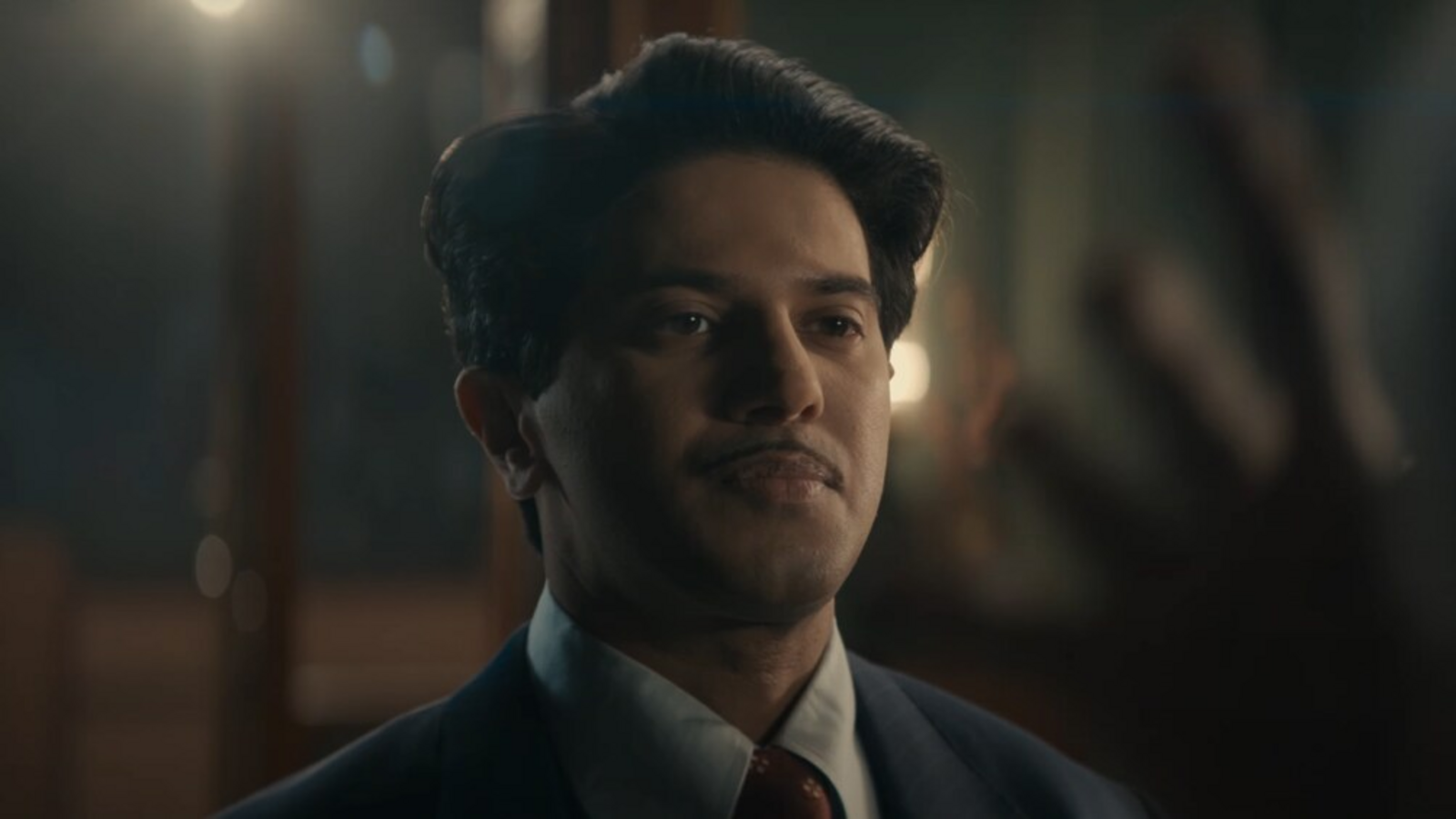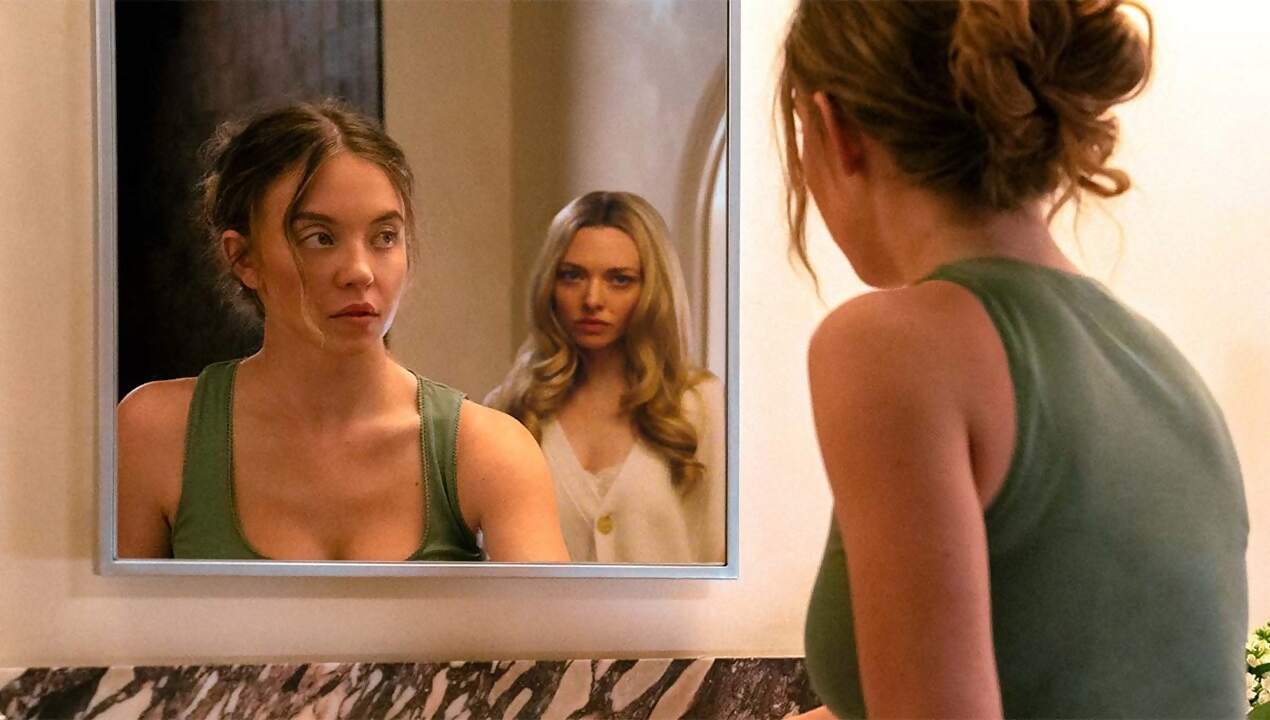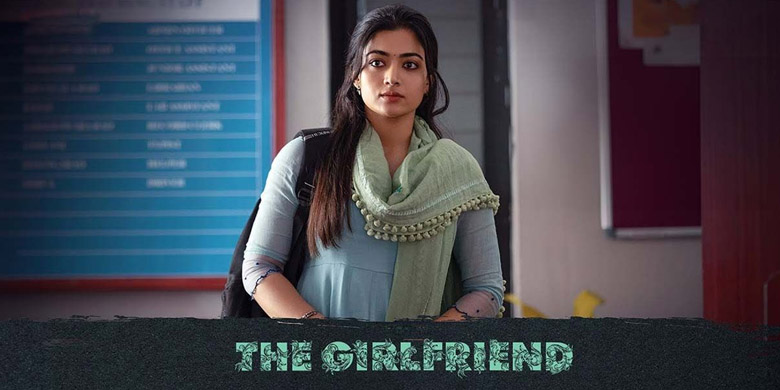Say you have to shoot a fighting sequence for your film. Would you take the actors to a construction site, give them iron rods, and lights-camera-action it? If yes, you will probably end up in jail for lack of safety provisions, if the actors haven’t already called quits. In reality, they would assuredly undergo months of physical training, with a stunts-person skillfully outlining their every move, with proper gears or a body-double, and all safety standards in place. Now, imagine putting two strangers (or new acquaintances) in a small, dimly-lit setting, naked or semi-naked, and telling them to make love to each other. With the presence of anywhere between 10 to 100 people, cameras in their faces (or elsewhere), capturing them in extreme closeups while they are at it. Well, this is how most, if not all, intimate shoots happen so far.
Where is the problem, you may ask?
Considering the Indian film industry, much-exposed during the #MeToo movement, one can see this as another situation when boundaries can transgress, consent lingers in the shadows, the definition of what is appropriate and what isn’t losing legitimacy over the narratives requirement. While some directors accept responsibility for preparing the actors about what to expect, they are still solely masters of their craft, not qualified intimacy experts. So, we read stories about actresses being coaxed into wearing certain revealing clothes, adding kissing shots/nudity as last-minute improvisations, male actors not stopping after ‘CUT’, or inappropriate incidents later being mentioned as guilt or shame. Despite pre-signed contracts, directors sometimes demand or expect flexibility from the actors. Remember when Madhuri Dixit said yes to kissing Vinod Khanna in Dayavan and recently spoke about how she regretted it?
Also read: Gehraiyaan: A Film That Gives Us Complex, Layered Female Characters
Despite pre-signed contracts, directors sometimes demand or expect flexibility from the actors. Remember when Madhuri Dixit said yes to kissing Vinod Khanna in Dayavan and recently spoke about how she regretted it?
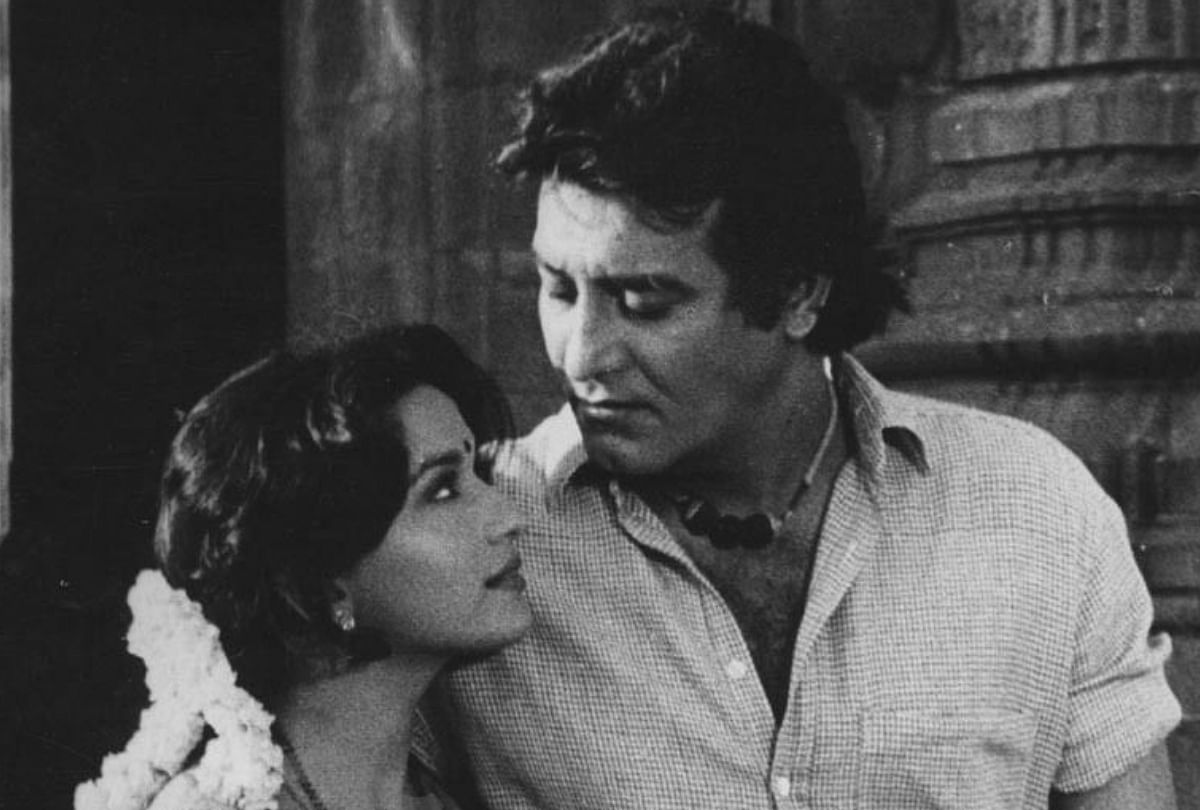
While consent should be transparent, it is also paramount to ensure there is no physical, emotional or psychological violation of the actors. That is why having intimacy coordinators on board is a welcome step.
Gehraiyaan, directed by Shakun Batra, has set a milestone by becoming the first mainstream Indian film to have an intimacy department. Led by Ukrainian filmmaker Dar Gai, intimacy coach Neha Vyas and intimacy coordinator Aastha Khanna as an assistant, it marks the beginning of a new era of sensitive and respectful filmmaking.

What exactly do intimacy coordinators do?
The process is subjective but plain — convey the story while ensuring the actors are comfortable. Preparation starts way in advance. The intimacy coordinator first tries to understand the film’s requirements, the character mannerisms, and the director’s vision. Post this, they discuss with the actors what works for them and what does not. Based on this information, they choreograph every move and gesture, just like a dance performance or stunt, with proper rehearsal schedules.
During the shoot, they micromanage and co-direct everything that happens on and off-screen- including the costumes, safety gear and barriers, and the crew allowed on set. They also keep power dynamics in check to ensure nobody feels compelled to do something they are not comfortable doing. Depending on the technicality of the scenes, they would also introduce things like ‘safe words’, specifically with non-consensual sex scenes, and ensure the language used on the set is appropriate.
Understanding triggers and traumas
If not premeditated, even a touch can trigger, specifically, during non-consensual sex scenes that can cause traumas. Actor Rahul Bose, in an interview, recounted how difficult it was to shoot the rape scene in the film Bulbbul, where his character had to sexually assault Tripti Dimri’s character as she lay in bed debilitated. But having detailed discussions with director Anvita Dutt and his co-actor allowed him to understand the psychological triggers and made the process less awkward.
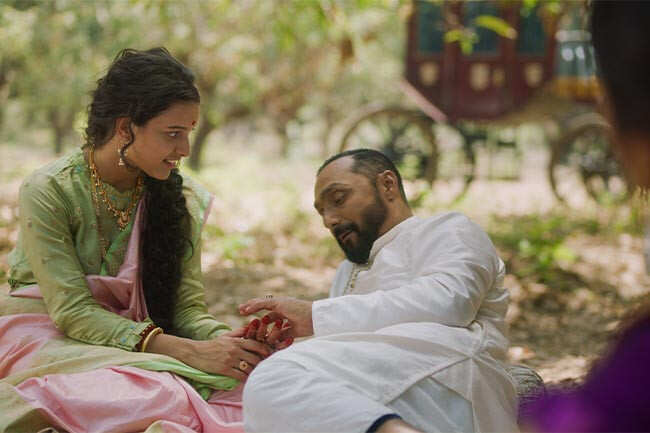
Like everything else, our individual experiences, social norms, cultural practices, taboos, and stigma shape our understanding of intimacy. A lot of times, actors have to play characters vastly different from themselves, which can make such shoots even more challenging, for example, getting intimate with someone outside of your sexual orientation. The actors must distance their reel character from their real selves. An IC ensures that everyone on the set is mutually consenting to the movement choreography and is comfortable with the setting.
Navigating cinematic technicalities and the concept of ‘gaze’
Another significant but less-talked-about concept during shooting sex scenes is gaze. To bring their scripts to life, filmmakers prioritise visual stimulation over sensuality, not realising where to draw the line. An example is the 2013 Palm d’Or winning film Blue is the Warmest Colour. It is an erotic tale of lesbian love, heartbreak and the bittersweet memories that follow it all. While the actresses were aware of what they were signing up for, it did not turn out to be a pleasurable experience, as the film received backlash for its lengthy and unrealistic sex scenes. The gruesome display of uncomfortable closeups of silicon genitalia felt more of pornographic exploitation than an expression of passion. During an interview with Kaleem Aftab, the actress, Adele Exarchopoulos, was asked, ‘if they worried they were merely playing out a male fantasy?’. To this, she responded, “Yes. Of course, it was kind of humiliating sometimes. I was feeling like a prostitute. Of course, he [Abdellatif Kechiche, the director] uses that sometimes. He was using three cameras, and when you have to fake your orgasm for six hours, I can’t say that it was nothing.”

It raises relevant questions about the purpose of the sex scenes. Is it to show an interaction between characters? Or to seduce and provoke the spectators? While having an intimacy coordinator does not answer all these, it allows a third person to intervene and set boundaries. They represent the director’s vision without judgement or restraint- while ensuring that the gaze and camera angles are not invading privacy of the actors.
It raises relevant questions about the purpose of the sex scenes. Is it to show an interaction between characters? Or to seduce and provoke the spectators? While having an intimacy coordinator does not answer all these, it allows a third person to intervene and set boundaries. They represent the director’s vision without judgement or restraint- while ensuring that the gaze and camera angles are not invading privacy of the actors.
In a contrasting experience, actress Phoebe Dynevor from the acclaimed series Bridgerton shared her experience of filming the steamy scenes under the guidance of an IC, saying, “… it just changed the game. We felt super safe, and it just meant that when we got on set, we already knew exactly what we’re doing. We’d blocked it all so specifically. I knew exactly where his hand was going to go at what point”.
New roles, safer spaces and the way forward
Now, with OTT platforms rising, filmmakers are exploring all kinds of content with a greater sense of freedom and imagination to reach a wider audience. Intimacy has become an integral part of all that we frequently consume. Shows like The Deuce (the first to have an IC onboard), Sex Education, Normal People, Euphoria, I May Destroy You, and others reflect a shift in the portrayal of intimacy on screens.
When Michaela Coel, writer and lead actor of I May Destroy You, won BAFTA for best actress, in her winning speech, she said, “I want to dedicate this award to the director of intimacy Ita O’Brien. Thank you for your existence in our industry for making the space safe for creating physical, emotional and professional boundaries so that we can make work about exploitation, loss of respect, about the abuse of power, without being exploited or abused in the process.”
Also read: Michaela Coel’s ‘I May Destroy You’ Dares To Make You Feel Unsettled When Talking About Trauma

India is, today, proceeding in the same direction, with a mainstream film like Gehrayiaan joining the feat. Of course, there is a long way to go, but it is worth appreciating. To quote Aastha Khanna, India’s only certified intimacy coordinator and a member of Gehraiyaan’s intimacy department, “We need to evolve in our intimacy-related content, make it less provocative, scandal-driven, and more organic. A coordinator can help aid that. I feel the audiences are ready for [shows like] Euphoria or Outlander to come from Indian content creators”.
So, here’s to welcoming in times to come, responsible filmmaking, and nuanced portraits of intimacy.
After completing her graduation in journalism from LSR, Raunak has become a daytime filmmaker, nighttime binge-watcher and full-time storyteller. Sometimes in the middle of them all, she enjoys penning down her thoughts on things that inspire her. You can follow her on Instagram and here.

